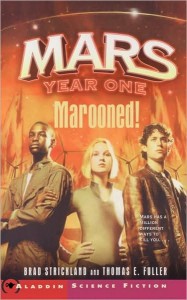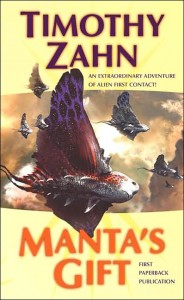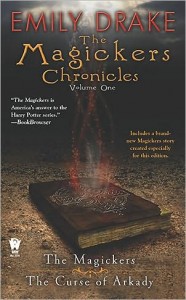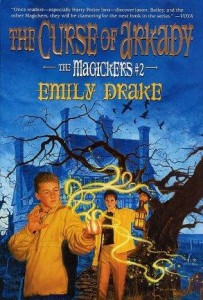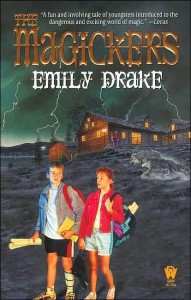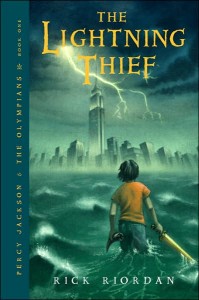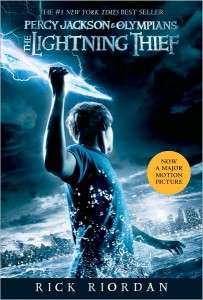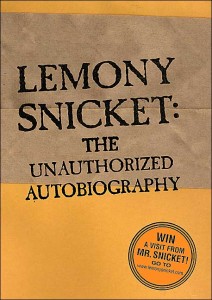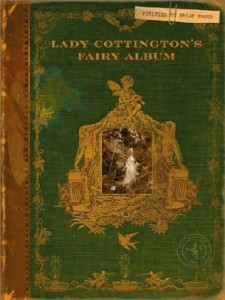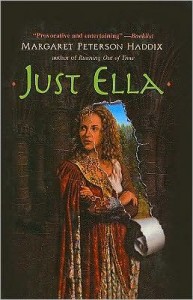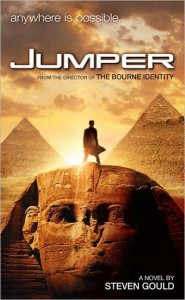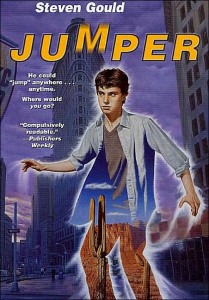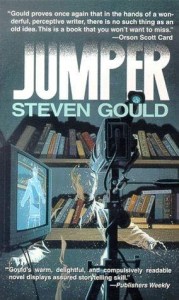




 In the town of Bixby, Oklahoma, the laws of nature have been warped and transformed by ancient nightmarish forces. At the stroke of midnight, the world freezes, raindrops hanging in midair like watery jewels, and people becoming as stiff and lifeless as statues. For a secret hour, the world belongs to the slithers and darklings, primordial creatures of myth and darkness. Only a select few humans are free to move about in this time, aware of the truth. Gifted with unusual powers, such as mindreading, flight, psychic sight, or the ability to imbue objects with magical potential, these so-called midnighters are either humanity’s only defense against the darklings of the 25th hour, or part of an older, grander plan.
In the town of Bixby, Oklahoma, the laws of nature have been warped and transformed by ancient nightmarish forces. At the stroke of midnight, the world freezes, raindrops hanging in midair like watery jewels, and people becoming as stiff and lifeless as statues. For a secret hour, the world belongs to the slithers and darklings, primordial creatures of myth and darkness. Only a select few humans are free to move about in this time, aware of the truth. Gifted with unusual powers, such as mindreading, flight, psychic sight, or the ability to imbue objects with magical potential, these so-called midnighters are either humanity’s only defense against the darklings of the 25th hour, or part of an older, grander plan.
Into this set-up comes Jessica Day, a fifteen-year-old girl who, until now, never suspected what secrets existed around her, or what potential lay within her. Befriended by Rex, Melissa, Dess, and Jonathan, she enters the world of the midnighters, forced to defend herself against the sudden onslaught of darklings and slithers, even as she digs deep into the reasons why Bixby is home to such bizarre phenomenon. Could the answer lie in her own awakening power, something never before seen in the 25th hour?
I have to say, Westerfeld has created a fascinating setting. Monsters that dwell in a compressed, hidden hour, alternating stalking and being driven back by teenagers with mysterious powers? It’s as though Stephen King was writing the X-Men, which, in this case, is actually a very cool thing. Who can’t identify with the freedom these teens feel, having an hour all their own, or the horror they experience in fighting ancient evils that have suddenly changed tactics beyond all prediction? What really caught my attention, however, was the importance the plot attaches to numerology (specifically, the significance of the numbers twelve and thirteen) and wordplay (specifically, thirteen-letter words are granted power against the darkness). Rather than rely upon a more traditional, and common kind of magic, possibly based on bastardized Latin or a made-up language, Westerfeld uses commonplace words to achieve great results within the story, to the point where I found myself counting letters as I encountered especially long words.
The Secret Hour is the first book in a trilogy, which means that while some secrets are revealed and initial conflicts wrapped up, it paves the way to more questions and the hint of a larger problem at hand. I eagerly look forward to seeing more in this vein, and a greater exploration of the setting.
Jessica Day and her friends are back. A small group of teens blessed (or cursed) with the ability to move freely in the secret 25th hour of the day, one which exists between midnight and one, they fight a never-ending battle against the evil shadows which stalk the night during that time. At long last, the time has come for Jessica and the others to properly explore the nature of their gifts, and to discover why there are no other Midnighters alive, in a city that seems to have been specially designed and influenced by them. For the signs are there for those who know how to see them. Thirteen-pointed stars scattered across town. Thirteen-letter words carefully embedded in key locations (such as the town’s name of Bixby, Oklahoma). Old records suggesting that once upon a time, Midnighters were more common. So what happened, and how could the knowledge either save, or doom, the small band of nocturnal guardians? Someone in town knows the truth, but finding them will be the hard part. Trusting them will be the impossible part. And in the end, the knowledge may break the group apart, and turn them upon one another, just as the shadows strike harder and quicker than ever before.
This is another one of Westerfeld’s intriguing offerings for young adults. Since this is the second book in a trilogy, it remains to be seen how he’ll tie everything together in the end, but so far, so good. As with the previous book, it mixes mystery, adventure, and occult lore to great effect, and its loving use of thirteen makes for an diverting read. (Keep your eyes open for thirteen-letter words, by the way. They have power. And there’s a lot more of them than I ever thought about.) Here’s hoping the third book will be just as good.

